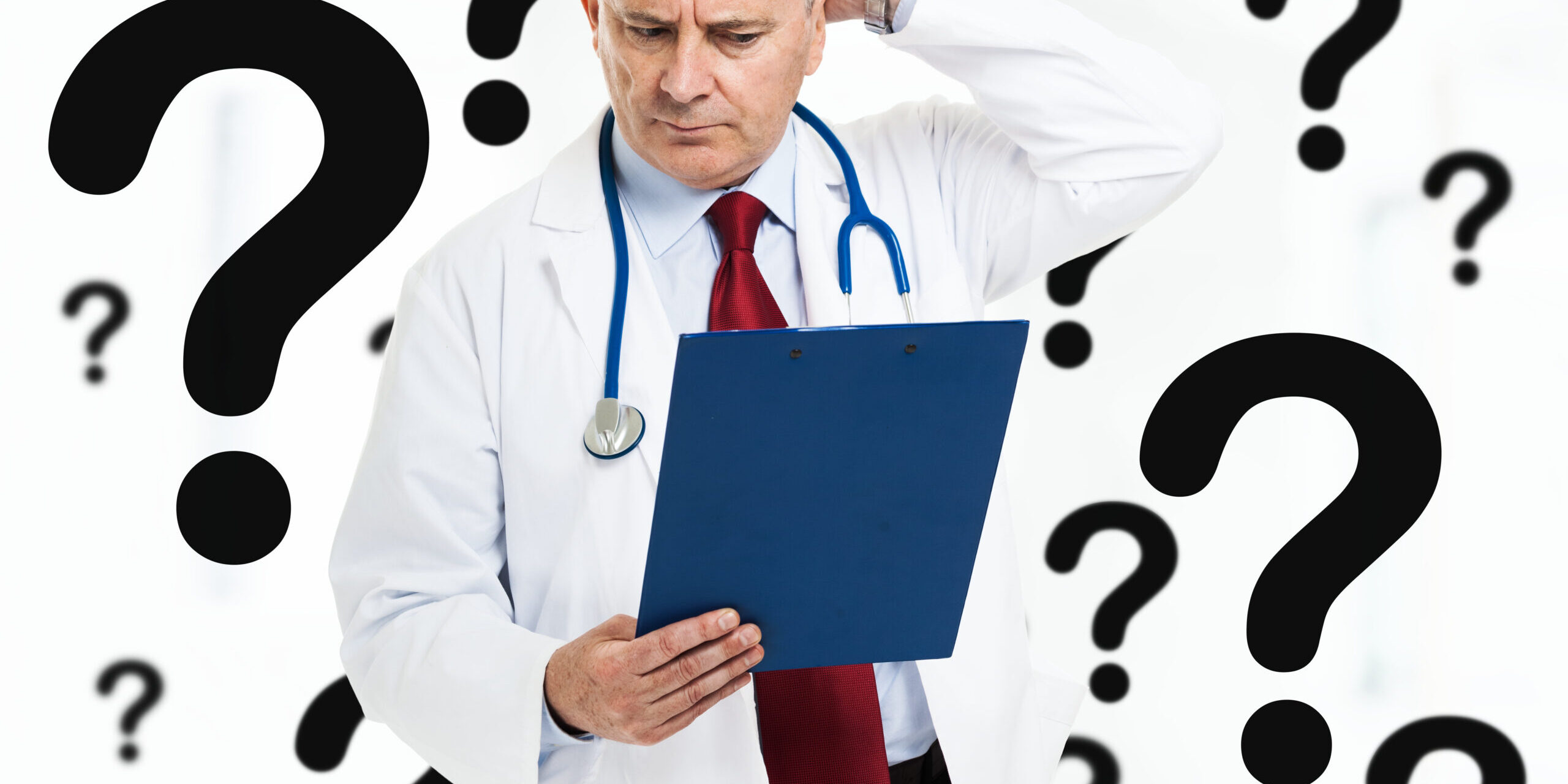Celiac disease is a condition where the
ingestion of gluten causes damage to the small intestine in a person or child. It
is not the same as gluten intolerance, where the person on the ingestion of
gluten faces symptoms like inflammation, bloating, constipation, and more;
however, there is no damage done to the small intestine.
Yasith Weerasuriya - Why should you get
tested for celiac disease?
Yasith Weerasuriya is one of the Board of
Directors of the Celiac Disease Foundation and the President of Stanbridge
University in Irvine and Los Angeles in California in the USA. He graduated
from Irvine Valley College and the Wichita State University and has more than
20 years of valuable experience in executive leadership. In addition to the
above, he was the founding President of the
College Chapter of Phi Thera Kappa, President of the Honor Society, and the
President of the Alpha Gamma Sigma Chapter.
Many
people do not even know they have celiac disease
He says that when it
comes to celiac disease, many people are still undiagnosed. Around two million
people in the USA have celiac disease, and one million people across the world.
This is why one should get tested to determine whether they have the disease or
not. This can be done with the help of specific blood tests. The doctor will
also look for signs of nutritional deficiency like low levels of iron. However,
before you go in for any tests, do not go gluten-free. Make sure that you take
a test first to determine whether you really have celiac disease or not.
Celiac disease has
no cure, and it lasts for a lifetime
Celiac disease is a
lifelong condition that actually has no cure. However, individuals with this
condition can manage their symptoms successfully by following a stringent
gluten-free diet. If you have products that contain wheat, barley, or rye, they
should be removed from your diet. Foods like oats can be cross-contaminated
unless they have been labeled on the package as gluten-free.
There are some
other foods that you should avoid like the following if you have celiac disease:
1. Pasta
2. Cakes
3. Bread
4. Pasta
5. Sauces
6. Gravies
7. Beer
What should you
include in your diet?
There are a lot of
gluten-free foods that are nutritious and healthy for your body. You should
reduce processed foods and always read the label before shopping. You can also
enjoy whole foods like vegetables and fruits. They are safe and are ideal for
people and children who suffer from celiac disease.
Yasith Weerasuriya says that if your child shows signs of celiac
disease like foul-smelling stools, indigestion, and stunted growth and
development, it is very important for you to ensure their doctor tests him/her.
One just needs to be careful with their diet. However, if there are signs of celiac
disease, you must never ignore or overlook the thought of going to the doctor.
This can be detrimental to you in the long run.
